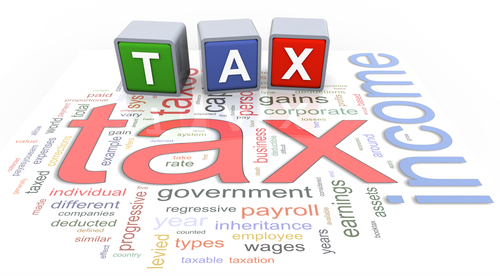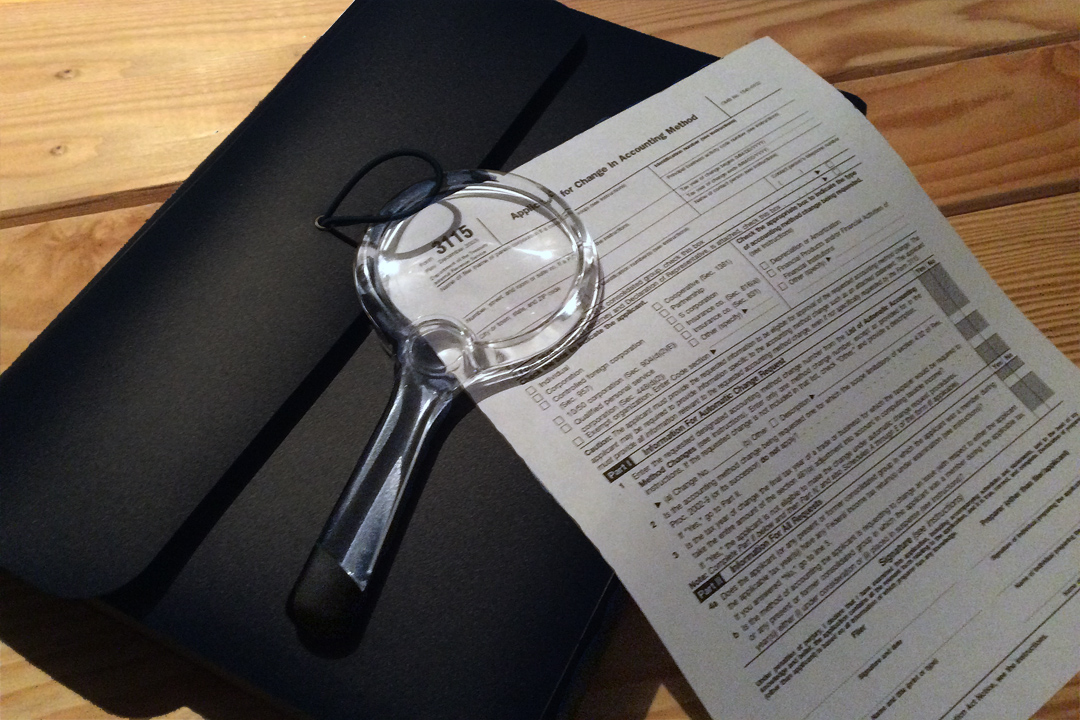IRS Options to Help Small Business Owners
Small business owners often have a running list of things to do. These include deadlines, sales calls, employee issues, banking, advertising – and taxes. The IRS can help with the last one.
Here are seven resources to help small businesses owners with common topics:
- Looking at the Big Picture: The Small Business and Self-Employed Tax Center brings information on IRS.gov to one common place.
- Organizing Tasks: The IRS Tax Calendar for Businesses and Self-Employed helps owners stay organized. It includes tax due dates and actions for each month. Users can subscribe to calendar reminders or import the calendar to their desktop or calendar on their mobile device.
- Searching for Topics: The A-to-Z Index for Business helps people easily find small business topics on IRS.gov.
- Getting Information by Email: Small business owners can sign up for e-News for Small Businesses. The free, electronic service gives subscribers information on deadlines, emerging issues, tips, news and more.
- Watching Videos: The IRS Video Portal offers learning events and informational videos on many business topics.
- Finding Forms: The Small Business Forms and Publications page helps business owners find the documents they need for the type of business they own. It lists tax forms, instructions, desk guides and more.
- Meeting in Person or Online: Small business workshops, seminars and meetings are held throughout the country. They’re sponsored by IRS partners that specialize in federal tax topics. Topics vary from overviews to more specific topics such as retirement plans and recordkeeping.
Should churches issue ministers a Form W-2 or Form 1099-Misc?
Should churches issue ministers a Form W-2 or Form 1099-Misc?
Most ministers have a “dual tax status”. Generally, they are employees for income tax purposes but are always self-employed for social security purposes with respect to their ministerial income. Ministers working for a church or church agency should receive a Form W-2. Ministers, who report their federal income taxes as self-employed on Form 1099, may face a significant risk of additional taxes and penalties, if they are audited and reclassified as employees by the IRS.
Under the latest treasury regulations, a minister is described as an employee for federal income tax purposes but as self-employed for social security tax purposes. What many minister’s often fail to consider is that when one files a 1040 tax return they are paying two types of taxes. They pay Federal Income Tax and Self Employment Tax. That makes the minister a hybrid of the tax code. Section 6051 requires the issuance of a W-2. However, because Section 3401 describes him/her as self-employed, the church is not required to withhold Federal Income Tax, FICA or Medicare taxes from their ministers’ pay, even if their ministers are employees for income tax purposes.
Many ministers voluntarily elect to have churches withhold income taxes from their pay. Most churches are required to withhold income taxes from non-minister employees. Churches can give ministers a Social Security “allowance” or “offset” to help the minister pay SECA taxes. Social Security allowances or offsets are considered as extra income. Ministers will have to report the allowance as income for federal income tax purposes and as income for SECA tax purposes.
Determining a taxpayer’s correct reporting status under the common law employee test is often difficult. The IRS has developed a list of 20 factors to be used as an aid in determining whether an individual is an employee as defined by the IRS. For more information about how the IRS decides if a worker is an independent contractor of employee, see IRS Publication 15-a, Employer’s Supplemental Tax Guide (Supplement to publication 15 (Circular E), Employer’s Tax Guide, on the IRS website at www.irs.gov.
For the most part, ministers are deemed to be common-law employees of the religious organization for which they work, and thus they should receive a W-2 form.
There are only a limited number of instances where a 1099-MISC may be applicable, one of which is if a minister is a traveling evangelist. As this is an easy IRS audit target, a tax preparer must exercise due diligence in ascertaining that a 1099-MISC issued to a minister is appropriate.
The IRS uses a checklist to evaluate whether individuals are independent contractors or employees. If your church controls the “who, where, when and how” of your work schedule, you’re probably an employee for tax purposes.
If you control your work product and have other clients, you’re most likely an independent contractor and should get a 1099 tax form.
There is a reason why the IRS demands a W-2. It is because under a W-2, the minister is not allowed to deduct business expenses on the Federal Income Tax portion of his/her liability except under the limiting reporting of Form 2106. If the minister gets a 1099-Misc, he/she usually deducts 100% of his/her expenses under Schedule C and gets a lower Federal Income Tax bill. Though many ministers do it this way, their chances of getting audited are higher and usually result in payment of back taxes plus penalties.
Most Extreme Tax Deductions of 2015
When it comes to tax season, taxpayers will always try to find ways to get the most money from their refund. Like the time you tried to claim your dog Toby as a dependent. After all, he does “depend” on you as his pet owner, and those dog treats don’t buy themselves. But for some, getting the most may require doing the most extreme deduction possible. Here’s a list of the ten most outrageous deductions of 2015, so far.
1. Ghost Dependents
As it is common for most tax payers to try to claim their pets as dependents, it’s certainly extreme to try and claim an unborn child. The Texas mother who attempted this was not “expecting” the call she received from IRS.
2. A Joyous Occasion
So you got married this year, congratulations! Unfortunately, party-ing it up on the night of your wedding with 250 “business partners” is not actually deductible as entertainment expense.
3. Horseplay & Hobbies
Sorry, but IRS does not deduct hobby expenses. One client learned that fast when he tried to take deductions his horse ranch.
4. Keepin It Up!
Your job may require you to keep up with your appearance when meeting with clients, but a new haircut, surgical procedures, and your stylist expenses are generally not deductible. But you look good though.
5. Having A Home Office
IRS allows deductions only on the portion of the home that is dedicated to the business. Some at home business owners have gone to the extreme trying to claim groceries and even the mortgage.
6. Getaway Trips
Taking your vacation days shouldn’t be a problem. Taking deductions on the vacation you and your co-workers took in Jamaica is a big one for the IRS.
7. Traffic Fines
Running a traffic light on the way to your business meeting can happen, but speeding tickets are fines and therefore, not deductible on your tax return.
8. Misleading Charitable Donations
Indeed, charity can come in many forms. But for one CPA’s client, he learned that vehicles impounded by the police are not deemed as qualifying deductions.
9. Boats
Avoid rough seas with the IRS by not deducting your boat as a “water computer” as one CPA had to enlighten their client.
10. Bad Investments
A loss on a sale of home is unfortunate, and also doesn’t qualify as investment by the IRS therefore, it is not a qualifying deduction.
Have questions on what’s deductible and what’s not? Don’t fall in the same extreme category as these folks. Contact us for more advice.
Form 3115 and New Tangible Property Regulations (TPR)
It cannot be put off any longer! We have known about the new repairs regulations involving Form 3115. We have had proposed and then temporary guidance that we could choose to follow or not follow. Now the guidance is finalized and complete. Tax years beginning on or after Jan. 1, 2014, must comply with the guidance. Read More…



